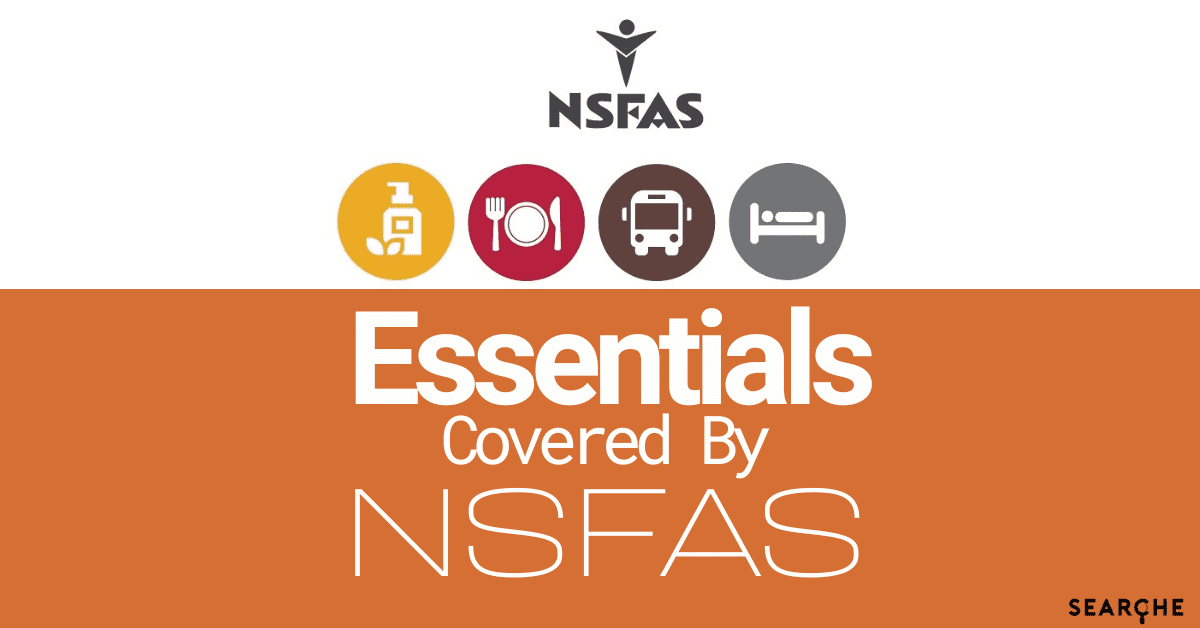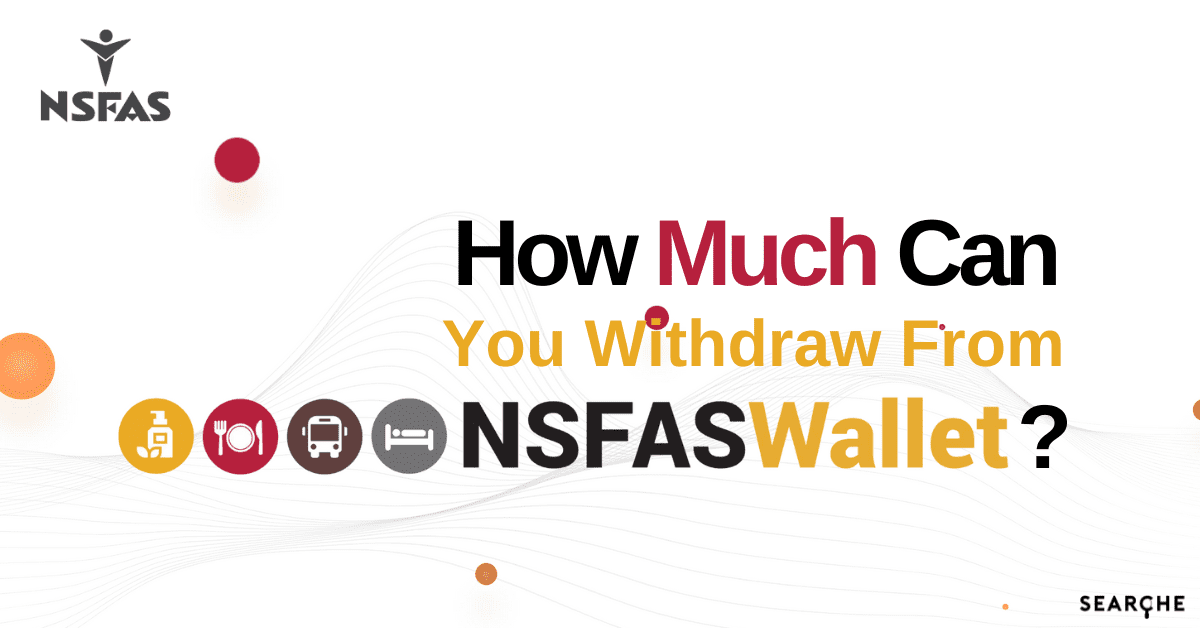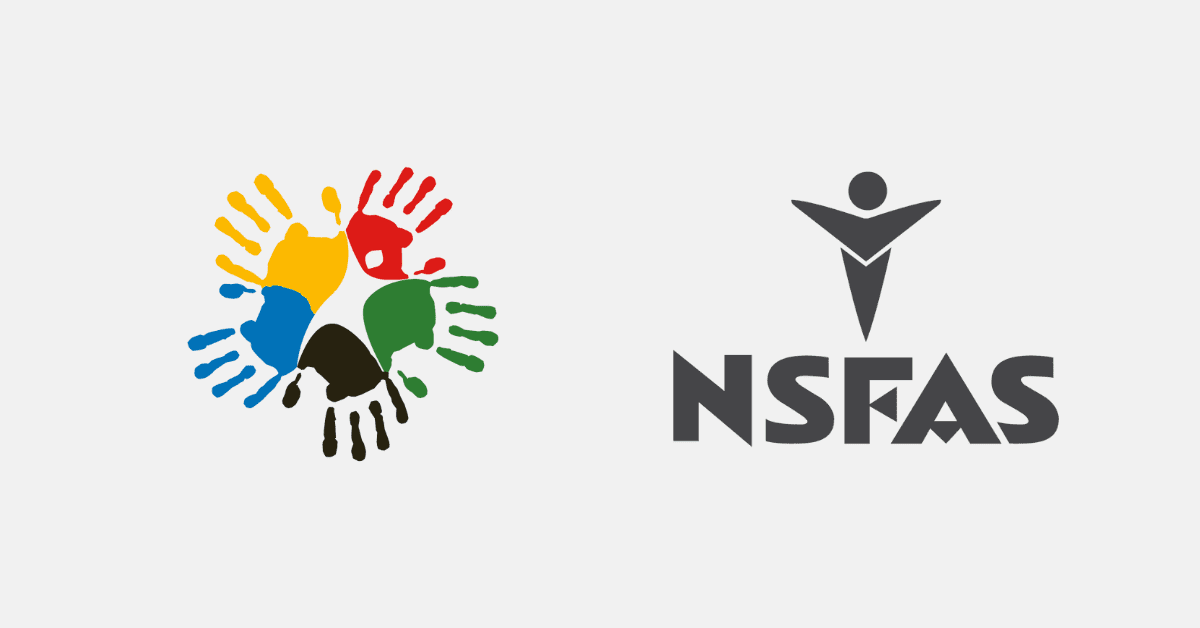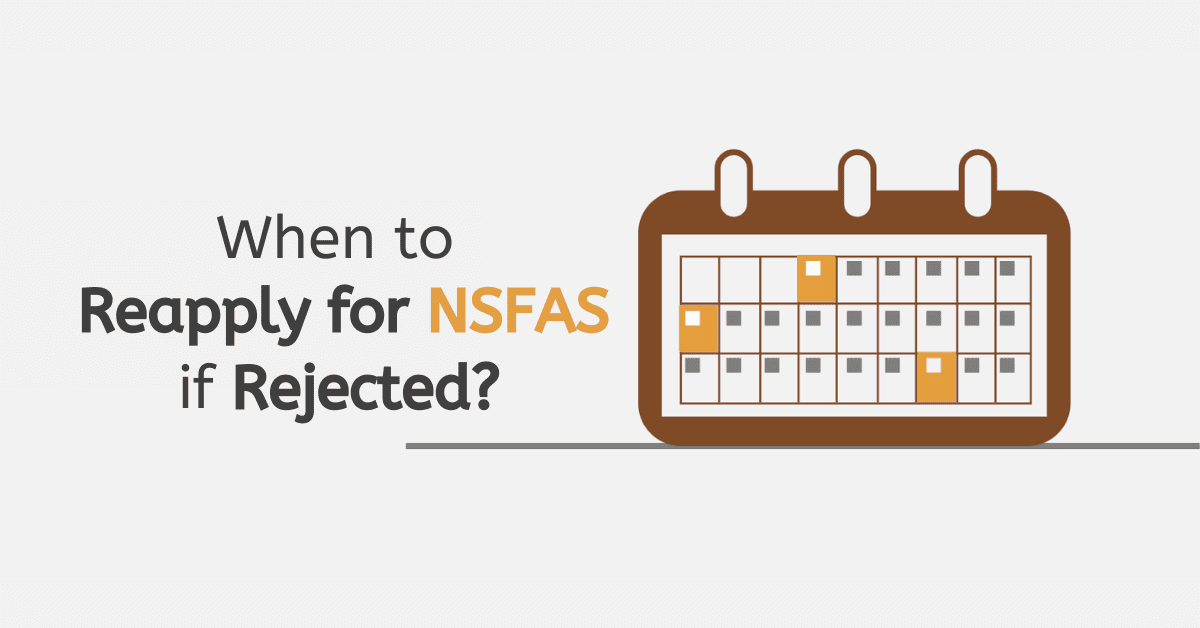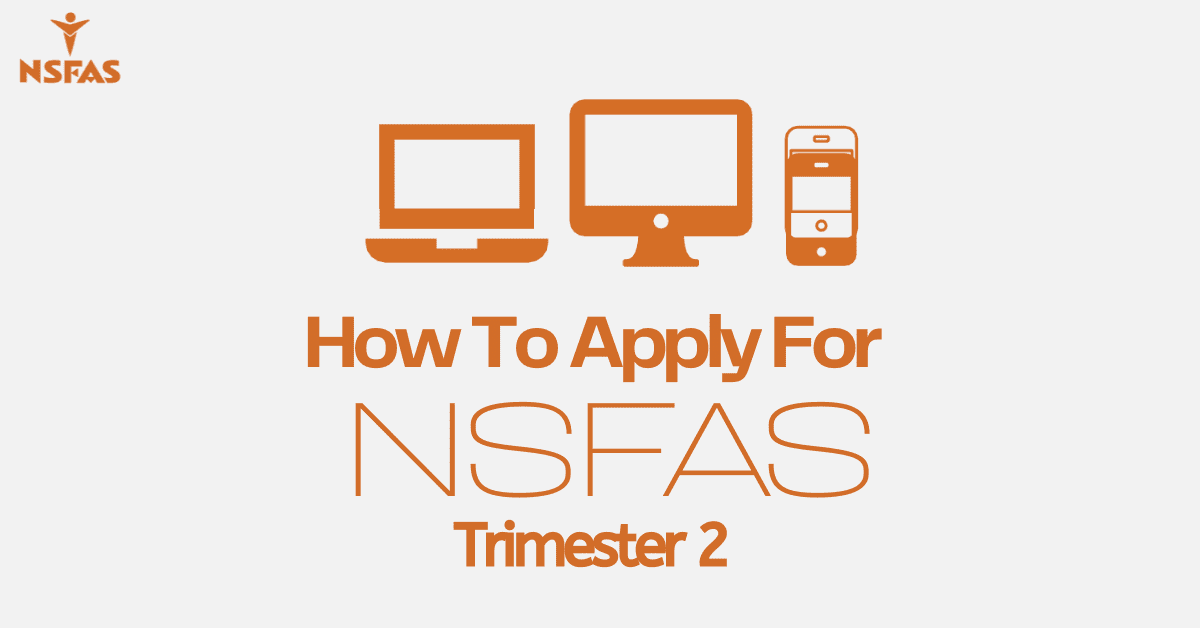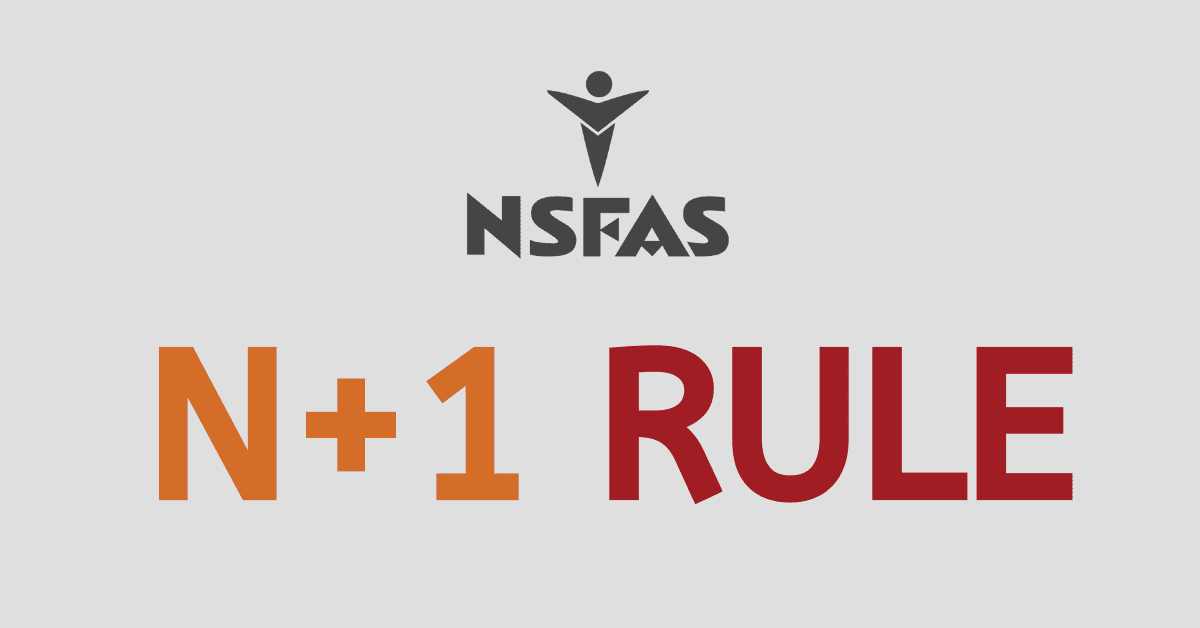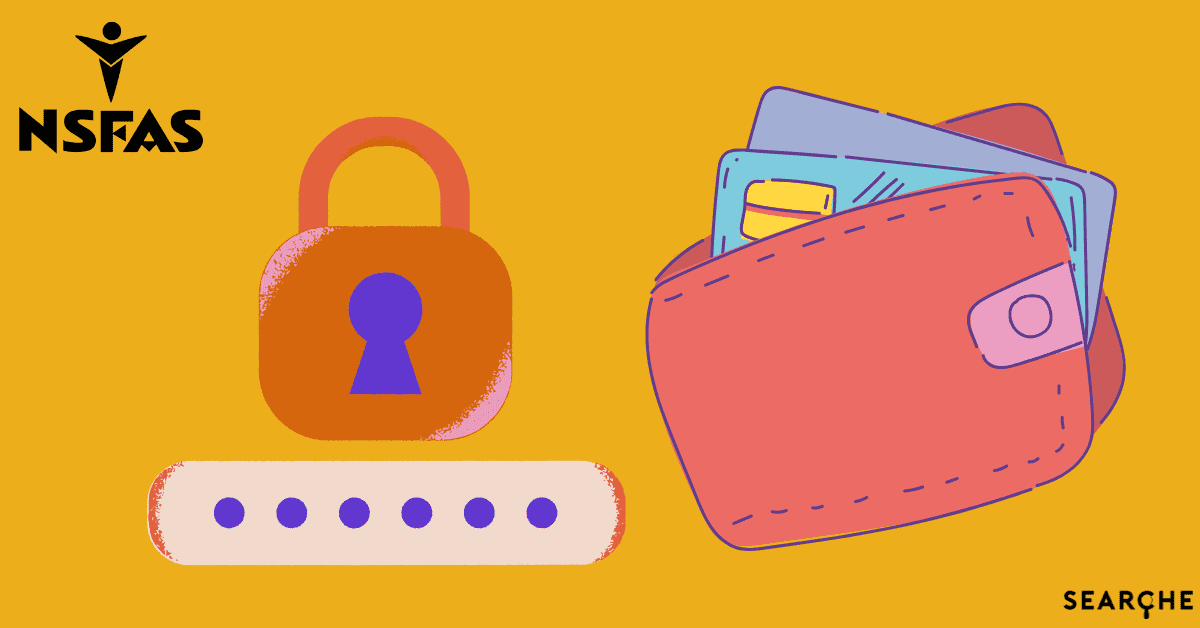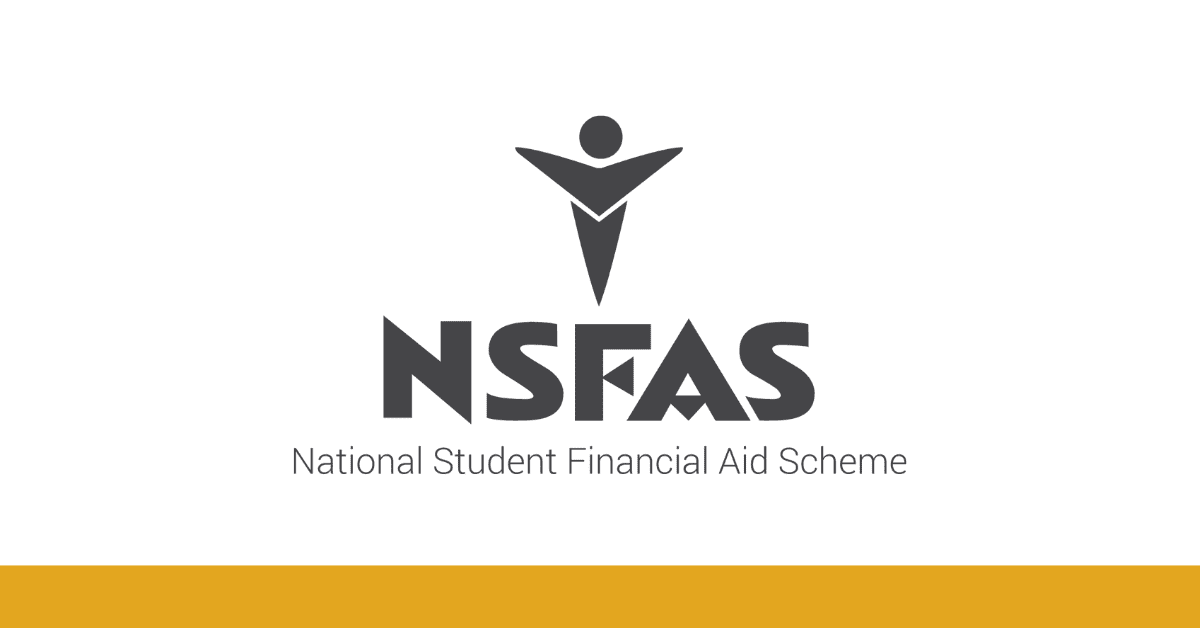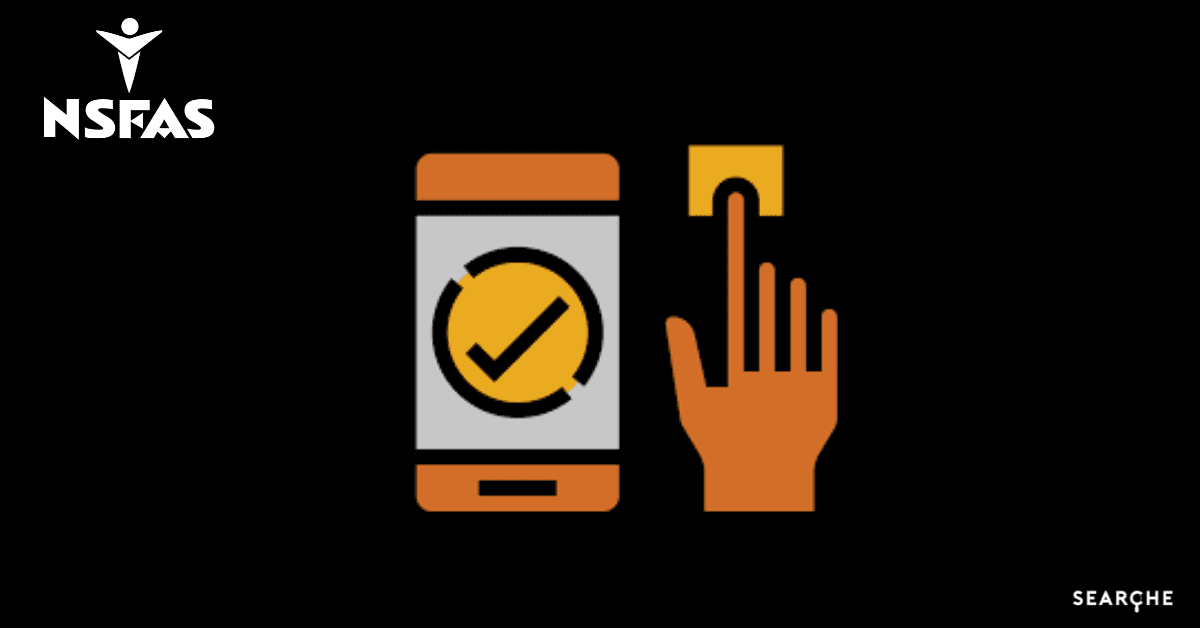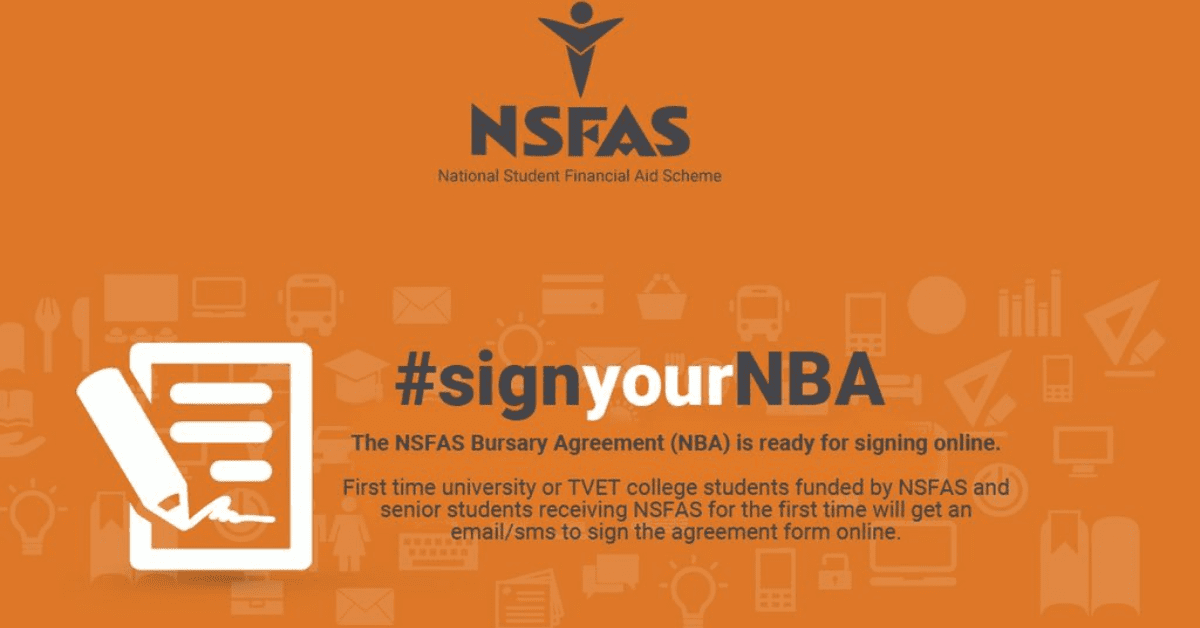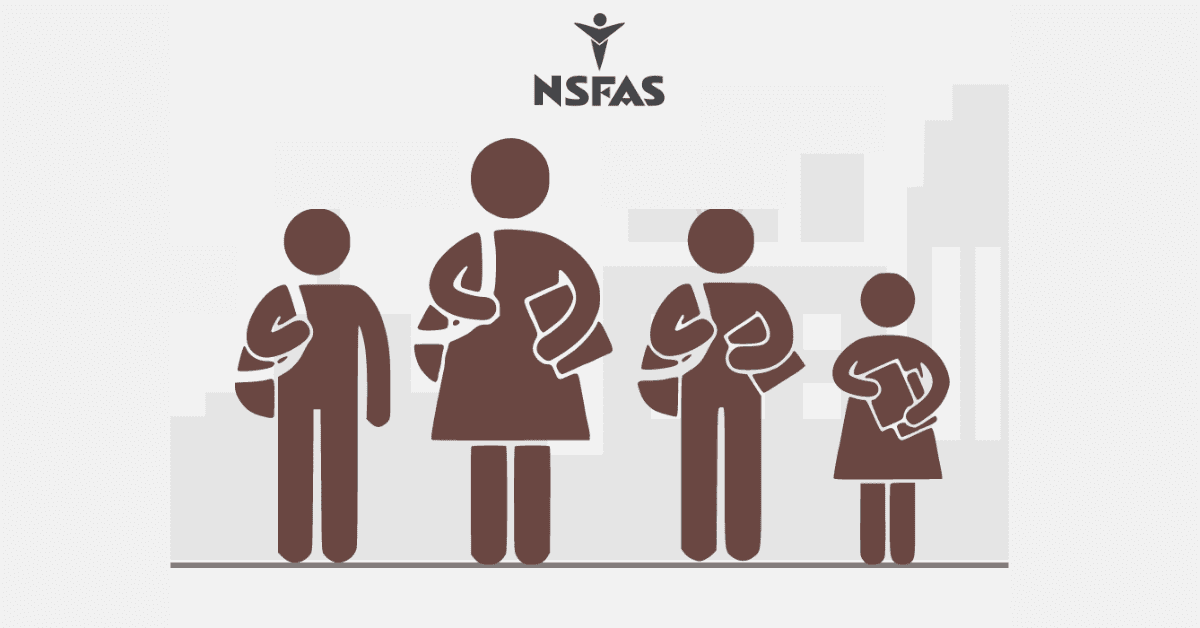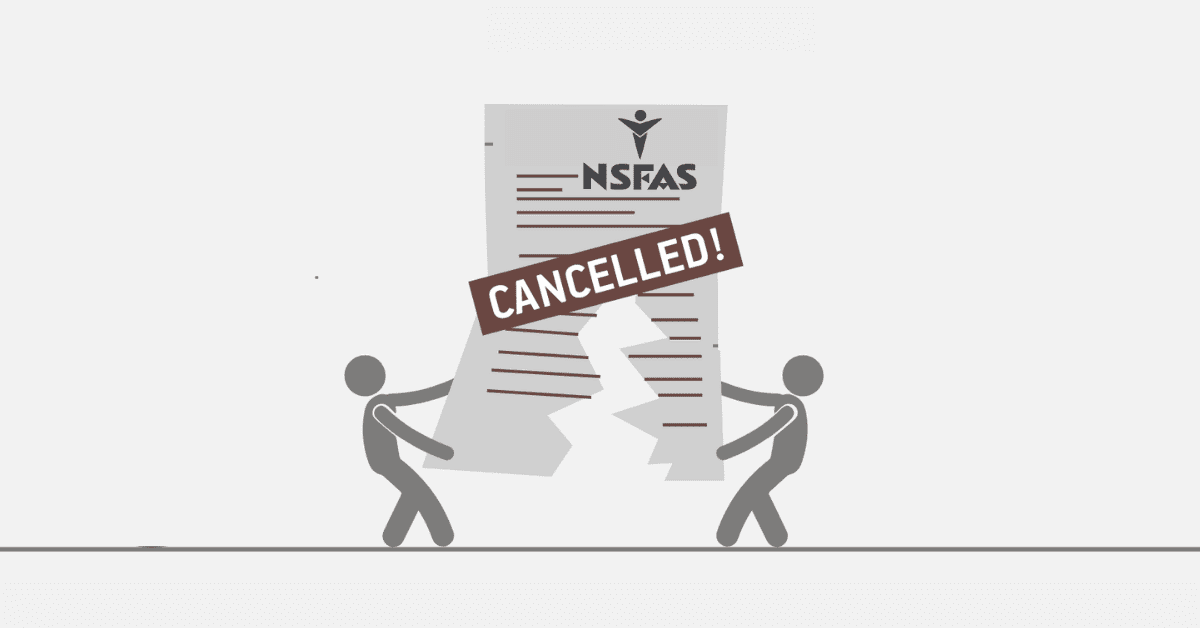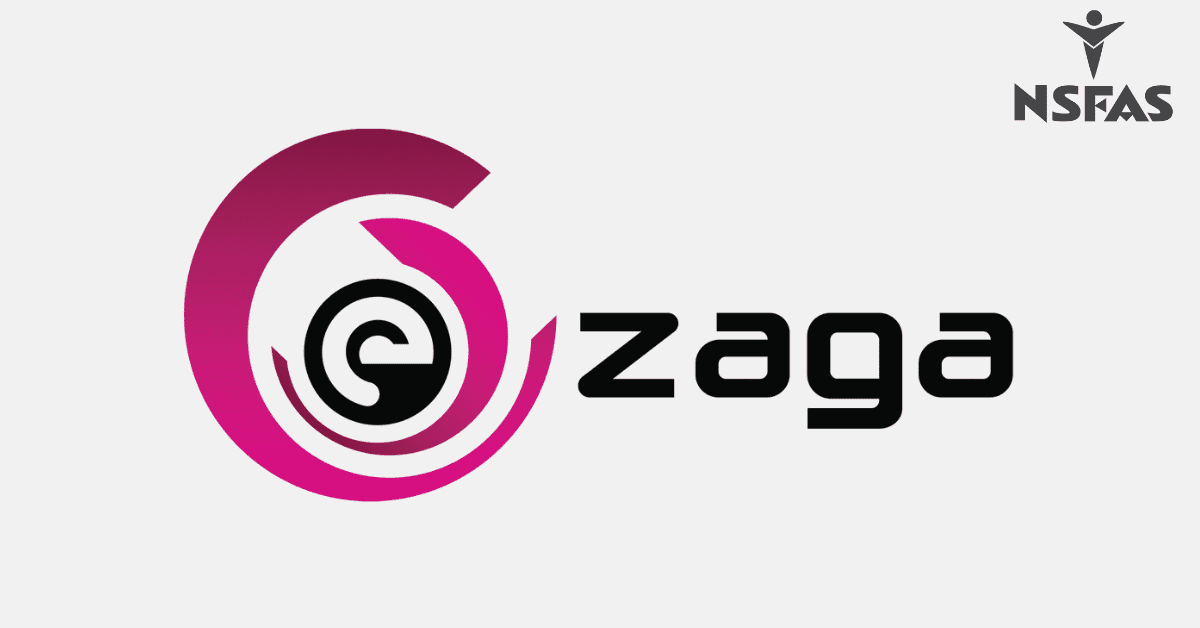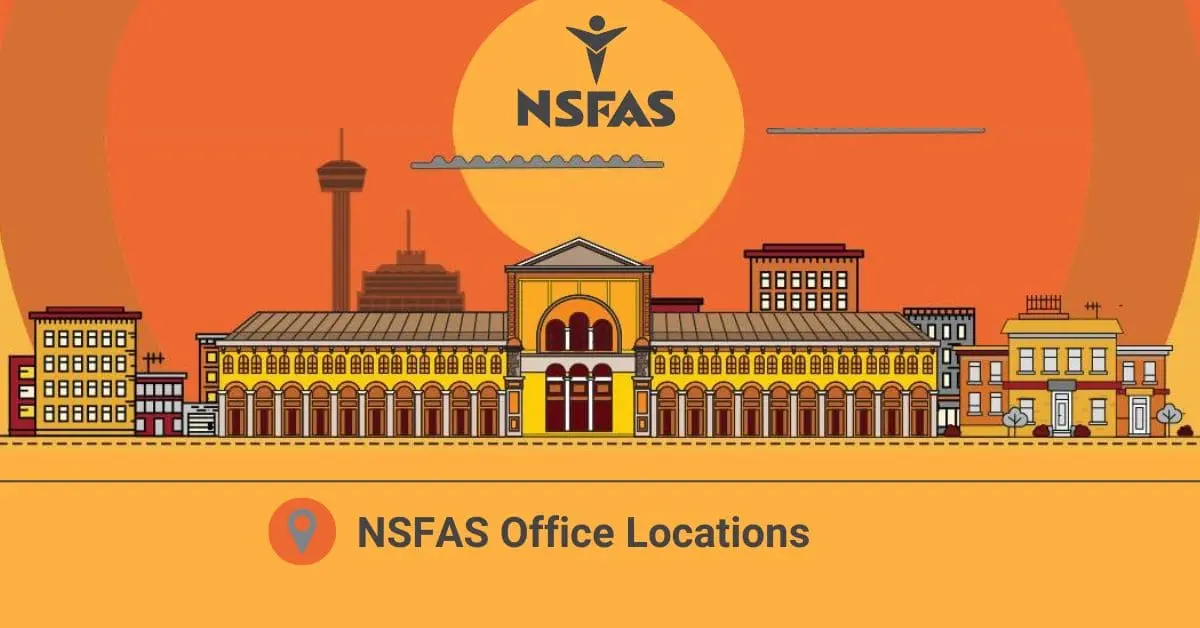The National Student Financial Aid Scheme (NSFAS) specifically aims to provide financial support to students from less privileged backgrounds who are interested in pursuing their studies at TVET colleges or public colleges. It is a government entity that falls under the Department of Higher Education and Training. Many people often ask if NSFAS funds individuals with a job. The answer is yes, but the income earned determines whether you qualify for funding or not.
Will NSFAS Fund Me if I Have a Job?
NASFAS does not restrict individuals with jobs from participating in the funding scheme. Your combined gross household income must not exceed R370 000 per annum when you have a job. People living with disabilities must have a gross household income that is R600 000 per annum.
NSFAS also considers if another person or individuals is living in your home and earning income. Therefore, as long as your combined gross annual income is within these thresholds, you can qualify for NSFAS funding regardless of having a job. SASSA recipients also qualify automatically for financial assistance.
The funding provided by NSFAS is used for accommodation fees, tuition fees, book, living, and transport allowances for university and TVET colleges. You should provide correct proof of income to ensure that your application is approved.
What Disqualifies You From NSFAS?
Some NSFAS applications are disqualified due to various reasons. First and foremost, if you are not a South African citizen or have permanent residence, your application is automatically disqualified. The bursary is meant for South Africans from poor backgrounds who cannot afford to fund their tertiary education.
If you have completed another previous qualification, you cannot get the bursary. First-time applicants are considered for financial aid. Beneficiaries can only be funded for one qualification at any given time and must be at one institution.
Individuals who already qualified and received NSFAS funding are not eligible for the bursary. Once you qualify, you will be funded for the entire duration of your studies, provided you pass your modules. You also need to meet the academic requirements to continue getting funding.
If you have a combined household income that exceeds R370 000 per annum, your NSFAS application will be disqualified. Additionally, if you already have another scholarship from another source, your application will be declined. NSFAS verifies with different tertiary institutions if you are not registered before approving your qualification.
You need to reapply if you were approved for an NSFAS bursary but did not register during that academic year. However, applications for the 2026 academic year closed on 31 January 2026. Check different media platforms for application dates and ensure you understand all the requirements before submitting your application.
How Does NSFAS Verify Household Income?
When you complete your application, you must submit proof of income, or else it will be disqualified. Proof of income involves the total money earned by all the people you stay with. These can be parents, a spouse, or a guardian. If you have a job, you must provide proof of income.
Proof of income considered by NSFAS can be the latest payslip not older than three months, appointment letter, UIF letter, or retrenchment letter of the spouse, guardian, or parents if the applicant is a dependent. If you are self-employed, you must provide an affidavit. Your employment status can be verified through third-party agencies or government entities.
Disabled applicants must submit signed and completed Annexure A if their details are not already pre-populated on the NSFAS portal. Orphaned applicants must provide a signed and completed Declaration form. Other supporting documents that can be accepted include a death certificate, retrenchment letter, UIF documentation, and divorce decree. These may be required if you are a dependent.
Who Is Eligible? Who Qualifies for NSFAS Funding?
All South African citizens or permanent residents who want to pursue their education at a TVET college or public university are eligible to get NSFAS funding. You must have a South African identity document. Without an ID number, NSFAS cannot complete your application.
If you are a SASSA grant recipient, you qualify to get funding. Recipients of these grants are considered poor since they are specifically meant to cushion people within the lower income bracket. If your household income, together with that of other people within your home, is less than R370 000, you deserve to get an NSFAS bursary.
For applicants living with disabilities, their combined gross household income must not exceed R600 per annum. NSFAS provides funding to students with disabilities at any of the 50 TVET colleges or 26 public universities.
To qualify for NSFAS funding, you must pass Grades 9 to 12 to study at any TVET college. Students intending to enrol at university must pass Grade 12. You must provide your latest results or academic transcript so that you are vetted to determine your eligibility for financial assistance.
If you are still waiting for your Grade 12 results, you can still submit your NSFAS application and then submit it when it is out. Applicants are expected to meet the academic admission requirements at the institutions they intend to join before NSFAS allocates funding to them.
Applicants must have a phone number and an email address to qualify for funding. You will need these when you open your myNSFAS account and submit the required documents. You can also use your phone number or email for any correspondence with NSFAS or to track the status of your application.
NSFAS is a bursary that specifically funds people from poor backgrounds to pursue their tertiary education at public universities or TVET colleges. Even if you have a job, you can qualify for funding as long as you meet other requirements. For instance, your combined gross income should not exceed R370 000 and less than R600 000 if you are disabled. You need to provide accurate information about your income, or else your application will be disqualified. If you were once approved or you have another qualification, your application will not be considered. Carefully check all the NSFAS requirements first.
